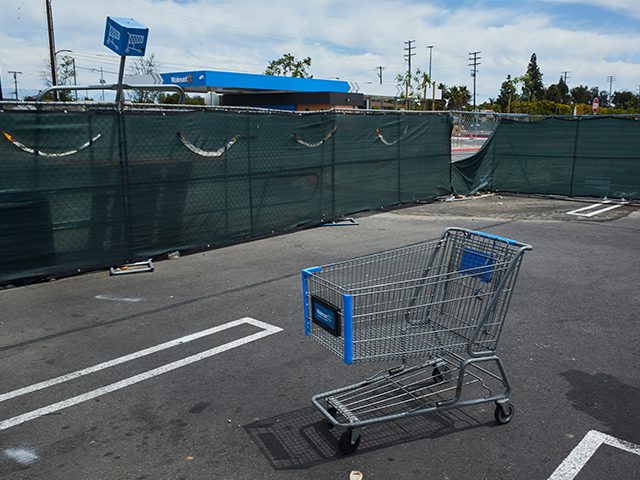The cracks that have started to emerge in the post-pandemic recovery grew a bit more visible in the May jobs report.
Overall demand for labor is still very strong. Businesses added 333,000 jobs in May. Counting government sector hiring, payrolls expanded by 390,000, topping expectations for 325,000. The unemployment rate has been holding at 3.6 percent for three consecutive months.
Manufacturing hiring slowed by more than expected, dropping from 61,000 in April all the way down to 18,000. Economists had penciled in a gain of 38,000, meaning actual hiring was less than half what was expected. Employment in machinery manufacturing and auto manufacturing declined. It’s likely some of the slowdown is related to supply chain issues hampering production, and some of it related to the inflation-triggered demand destruction that the regional Fed manufacturing reports were indicating at the end of May.
Retailers actually slashed staffing by 61,000 jobs. General merchandise stores—the category in the Bureau of Labor Statistics data that includes stores like Walmart, Target, and Costco—took payrolls down by 27,800. While that is only a 1.2 percent reduction in the workforce at these places, it most likely represents an end to the post-pandemic era of payroll growth for these places.
It’s easy to understand why the big retailers are cutting staff. This sector has been battered by inflation and changing patterns of consumer spending. First quarter earnings came in much weaker than expected, and many have warned that earlier forecasts were overly optimistic. Walmart shares have fallen nearly 19 percent over the past month. Target shares are down 32 percent. Costco shares are down 13 percent, mild compared to peers but more than twice as much as the broader market. Part of the difficulty faced by the warehouse clubs and big box retailers is that affordability is one of their top selling points. That makes it hard for them to pass on higher costs.
There were also job cuts at auto dealers, furniture stores, garden and home-improvement stores, clothing stores, and pharmacies. We will have to wait for data on retail sales to determine if this is just cost-cutting by squeezed retailers or a reflection of falling real demand due to high prices. In the latest Beige Book, the Fed noted that some firms in most of the coastal districts noted hiring freezes.
Despite the decline in retail employment and slowdown in manufacturing, wages for production and nonsupervisory workers increased by 0.6 percent compared with April. This was the third consecutive monthly acceleration for worker wages. This suggests that we are not yet at peak wage inflation. On the other hand, overall wages increased just 0.3 percent for the second month in a row, down from 0.5 percent back in March. So perhaps there is some moderation coming.
Oil Oil Everywhere and Not a Drop to Drill
Gas stations were still hiring in May, adding nearly 3,000 jobs. The price of gasoline was hitting record highs day in and day out last month and is still climbing. On Friday, it hit its sixth consecutive record high of $4.761 per gallon.
There is no relief in sight in the oil market. Brent moved up 2.9 percent to close at $121 a barrel. WTI also jumped 2.9 percent to close at $120.26 a barrel. OPEC+’s much-discussed agreement to lift the monthly quota has turned out to be less important than some initially thought. In the first place, OPEC+ members do not have much spare capacity. Second, the agreement only pulls forward into the summer months a move to pre-pandemic quotas scheduled to be hit in September. In other words, by October it will all be a wash.
How about U.S. production? This week’s oil rig count showed no expansion at all, and last week’s count fell by two. Employment in oil extraction was up by just 100 positions in May, indicating that drillers are not gearing up for much expansion at all.


COMMENTS
Please let us know if you're having issues with commenting.